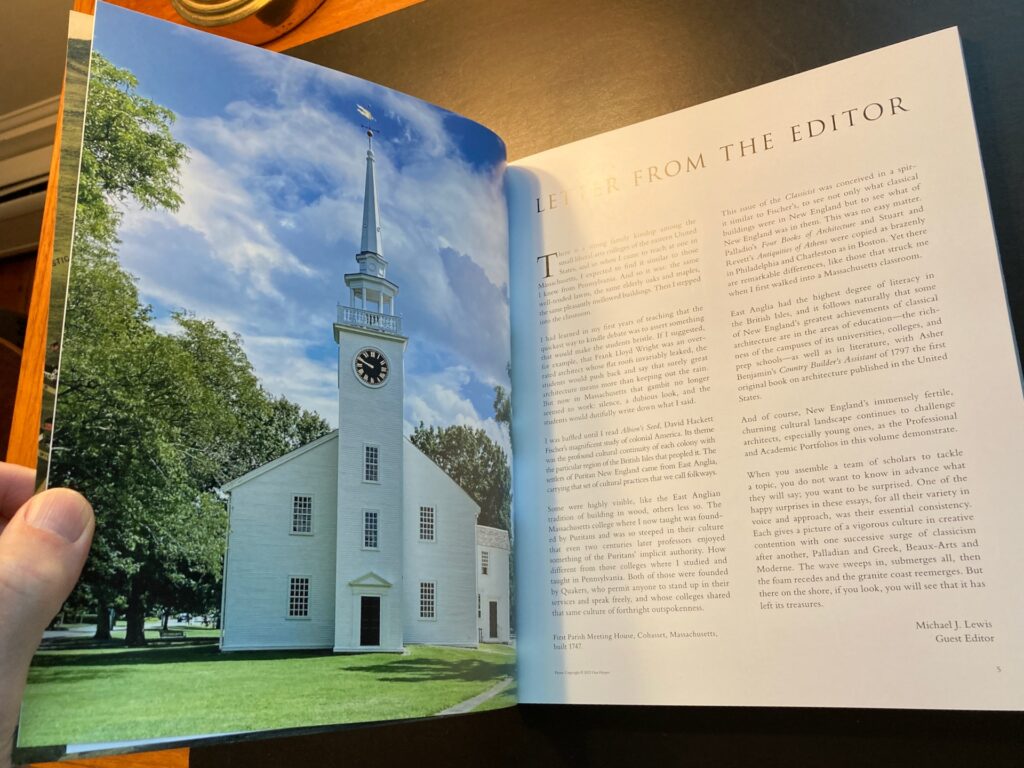According to economist Blair Fix, when the stock market rises, the only people who actually benefit are just a few top wealth/income percentiles:
“…we set out to look at the stock market and ask cui bono: who benefits? We now have our answer. In the United States, the stock market takes wealth (and income) from the many and hands it to the few. Now, I’m personally not surprised by this pattern. But I suspect that for many Americans, the detrimental nature of stock-price gains might be shocking. In particular, I’m thinking of members of the professional class — the folks who are not rich, but who still devoutly read Bloomberg. My guess is that when stocks go up, these folks cheer. Funny. Unless these professionals are in the top 4% wealth bracket, the evidence suggests that they’re celebrating on a sinking ship.”
I suspect that the younger you are, the more likely you’ll be to feel that Blair Fix is correct. If you’re in Gen Z, for example, you already know that the majority of your generational cohort will have less wealth and lower income than the Baby Boomers. The only people who seem to be offering explanations for your economic reality are either people like Blair Fix on the one hand, or people like Donald Trump on the other hand.

